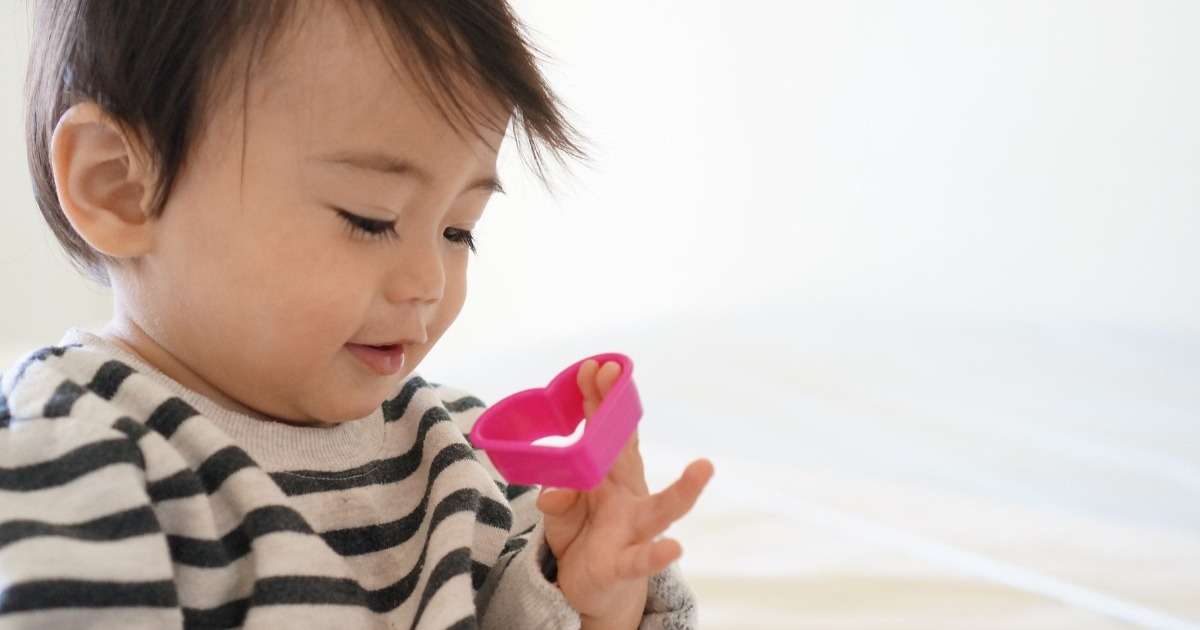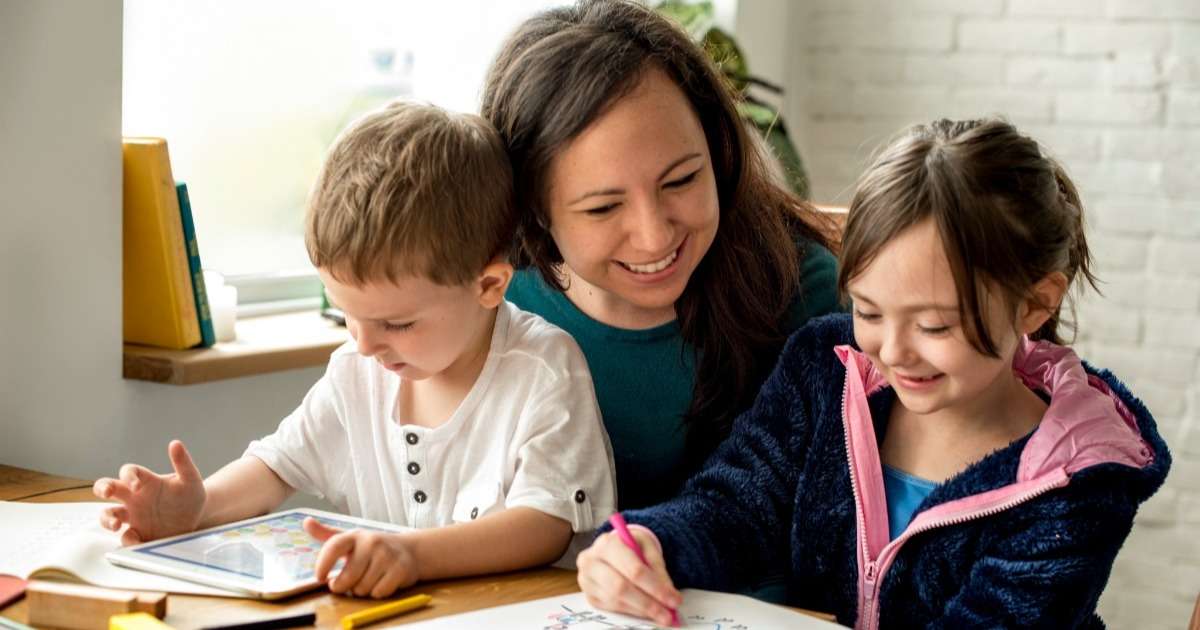
How does handedness relate to infant language development?
Developing motor skills appears to be related to language abilities. The research team of Sandy Gonzalez investigated whether consistency in handedness predicts receptive and expressive language.

Observing and analyzing repetitive movements in infants to detect autism
To examine if a specific repertoire of repetitive movements was present in children with autism, researchers used home videos to code the behaviors of the infants.

The role of mimicry in the development of social communication
Children learn from interacting with others, especially their parents. For example, reproducing the emotions that others express is part of that.

Learn about people's behavior by observing them
An observation or usability lab allows researchers to observe test participants unobtrusively, in an environment similar to the participant’s natural surroundings.

Three ways to understand consumer emotions
Many companies are seeking ways to understand consumer emotions in order to predict product acceptability. Here are three ways you could set up your study to assess consumer emotions.

Behavioral coding: What and how
When you study human behavior, coding your data is the initial step to analyze data. Coding behavior enables you to evaluate your research questions and draw reliable conclusions.

Exploring learning experiences of undergraduate nursing students
Simulation-based training sessions are essential in healthcare education. How do nursing students experience the use of a virtual interactive digital simulator compared to a human patient simulation?

Discussing uncertainty during cancer genetic counseling
Getting screened preventively to find out whether a genetic predisposition increases the chance of developing cancer, causes great uncertainty. Which communication manners help to deal with this?

The Internet of Things, LoRa, 5G, and measuring behavior
New techniques for connecting sensors will provide opportunities for researchers measuring behavior.

CFI Exceptional Opportunities Fund – COVID-19
The Canada Foundation for Innovation (CFI) has issued an Exceptional Opportunities Fund (EOF) in the fight against the coronavirus SARS-CoV-2, known as COVID-19.
